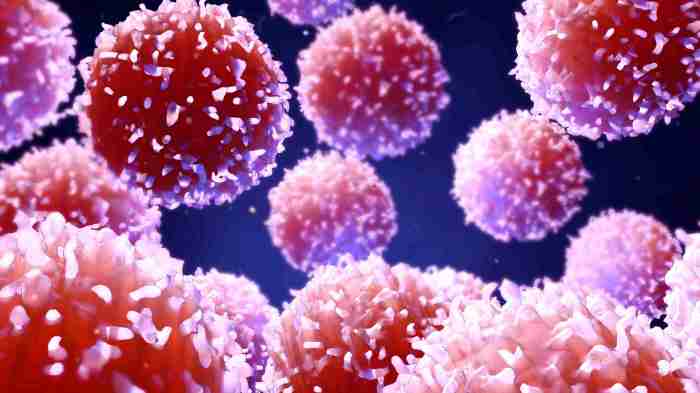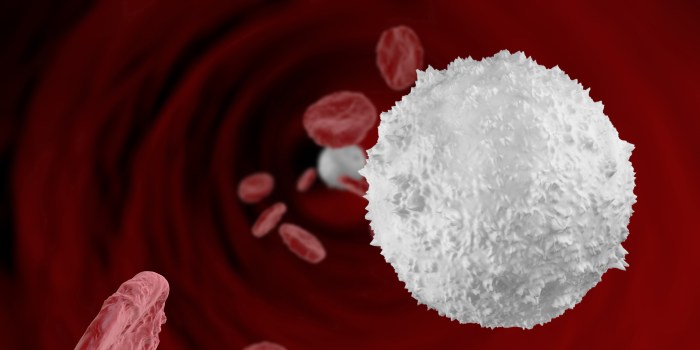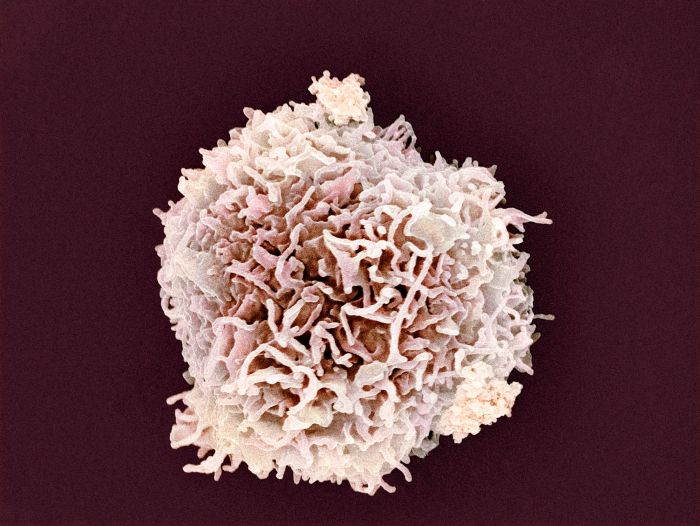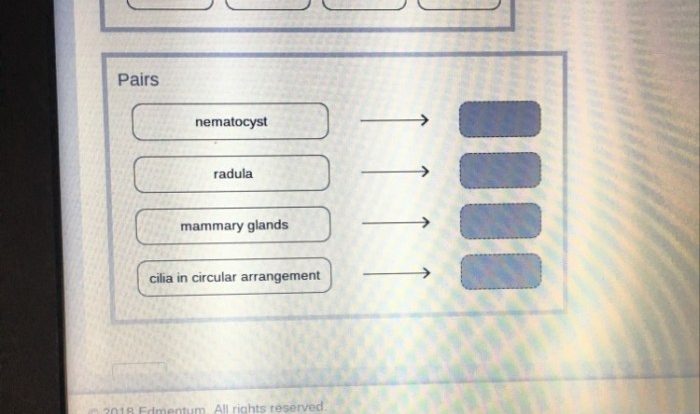Beginning with the immune system units crossword clue, this comprehensive guide delves into the intricate workings of the body’s defense mechanism. Exploring the various cells and organs involved, the narrative unveils the remarkable processes by which the immune system safeguards our health.
From the diverse types of white blood cells to the specialized functions of lymphoid organs, the immune system’s multifaceted nature is meticulously examined. Understanding the immune response, immune disorders, and strategies for boosting immunity empowers individuals to make informed decisions regarding their well-being.
Immune System Overview
The immune system is a complex network of cells, tissues, and organs that work together to protect the body from infection and disease. It is responsible for recognizing and destroying foreign invaders, such as bacteria, viruses, and parasites.
There are two main types of immunity: innate immunity and adaptive immunity. Innate immunity is the body’s first line of defense against infection. It is made up of physical barriers, such as the skin and mucous membranes, as well as chemical barriers, such as stomach acid and saliva.
Adaptive immunity is the body’s ability to recognize and attack specific pathogens. It is made up of cells and antibodies that are produced in response to infection.
The immune system is a complex and dynamic system that is constantly adapting to new threats. It is essential for maintaining health and preventing disease.
Cells of the Immune System

The immune system is made up of a variety of cells, each with a specific role to play in protecting the body from infection. The main types of white blood cells involved in the immune response are:
- Neutrophils: These are the most common type of white blood cell. They are phagocytic, which means that they can engulf and destroy foreign invaders.
- Macrophages: These are large, phagocytic cells that are found in tissues throughout the body. They are responsible for removing dead cells and debris, as well as for fighting infection.
- Lymphocytes: These are the cells that are responsible for adaptive immunity. They are divided into two main types: B cells and T cells.
- B cells: These cells produce antibodies, which are proteins that can bind to and neutralize foreign invaders.
- T cells: These cells kill infected cells and help to regulate the immune response.
These are just a few of the many different types of cells that are involved in the immune response. These cells work together to protect the body from infection and disease.
Organs of the Immune System
The immune system is made up of a variety of organs, each with a specific role to play in protecting the body from infection. The primary lymphoid organs are the bone marrow and the thymus. These organs are responsible for producing and maturing immune cells.
The secondary lymphoid organs are the lymph nodes, spleen, and tonsils. These organs are responsible for filtering the blood and lymph for foreign invaders. They also contain large populations of immune cells, which can be activated to fight infection.
The lymphatic system is a network of vessels that transports lymph throughout the body. Lymph is a fluid that contains immune cells and other substances that help to protect the body from infection. The lymphatic system helps to drain waste products from the tissues and to transport immune cells to the lymph nodes.
Immune Response
The immune response is a complex process that involves a variety of cells and organs. When the body is infected with a pathogen, the immune system recognizes the invader and launches an attack. The immune response can be divided into two main phases: the innate immune response and the adaptive immune response.
The innate immune response is the body’s first line of defense against infection. It is made up of physical barriers, such as the skin and mucous membranes, as well as chemical barriers, such as stomach acid and saliva. The innate immune response also includes phagocytic cells, such as neutrophils and macrophages, which can engulf and destroy foreign invaders.
The adaptive immune response is the body’s ability to recognize and attack specific pathogens. It is made up of cells and antibodies that are produced in response to infection. The adaptive immune response is more specific and effective than the innate immune response, but it takes longer to develop.
Immune Disorders: Immune System Units Crossword Clue

Immune disorders are conditions in which the immune system does not function properly. This can lead to a variety of health problems, including infections, allergies, and autoimmune diseases.
Some of the most common immune disorders include:
- Allergies: Allergies are a type of immune disorder in which the body reacts to a foreign substance, such as pollen or pet dander, as if it were a threat. This reaction can cause a variety of symptoms, such as sneezing, runny nose, and itchy eyes.
- Autoimmune diseases: Autoimmune diseases are a type of immune disorder in which the body’s immune system attacks its own tissues. This can lead to a variety of health problems, depending on the tissues that are affected.
- Immunodeficiency disorders: Immunodeficiency disorders are a type of immune disorder in which the body’s immune system is not able to fight off infection. This can lead to recurrent infections, as well as an increased risk of serious infections.
Immune disorders can be treated with a variety of medications and therapies. The goal of treatment is to suppress the immune system and prevent it from attacking the body’s own tissues.
Boosting the Immune System

There are a number of things that you can do to boost your immune system and help protect yourself from infection. These include:
- Eating a healthy diet: A healthy diet is essential for a healthy immune system. Make sure to eat plenty of fruits, vegetables, and whole grains. These foods are packed with vitamins, minerals, and antioxidants that can help to boost your immune system.
- Getting enough exercise: Exercise is another great way to boost your immune system. Exercise helps to increase blood flow and circulation, which can help to deliver immune cells to the tissues that need them most.
- Getting enough sleep: Sleep is essential for a healthy immune system. When you sleep, your body produces cytokines, which are proteins that help to fight infection. Aim for 7-8 hours of sleep per night.
- Taking supplements: There are a number of supplements that can help to boost your immune system. These include vitamin C, vitamin D, and zinc.
By following these tips, you can help to boost your immune system and protect yourself from infection.
FAQ
What are the main types of immunity?
Innate immunity and adaptive immunity
What are the primary lymphoid organs?
Thymus and bone marrow
What is the role of antibodies in the immune response?
Neutralizing pathogens and triggering their destruction
What are some common immune disorders?
Allergies, autoimmune diseases, and immunodeficiency disorders
How can I boost my immune system naturally?
Maintaining a healthy diet, exercising regularly, getting enough sleep, and reducing stress

